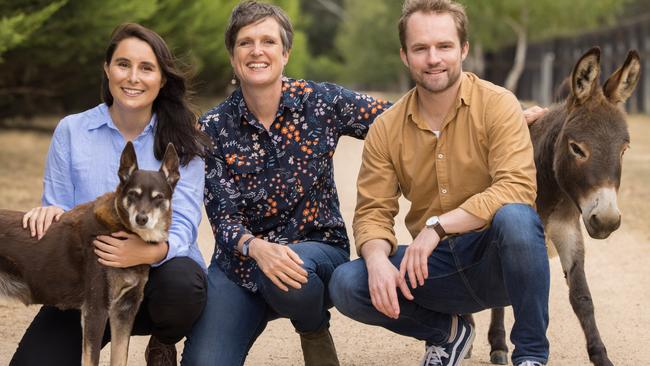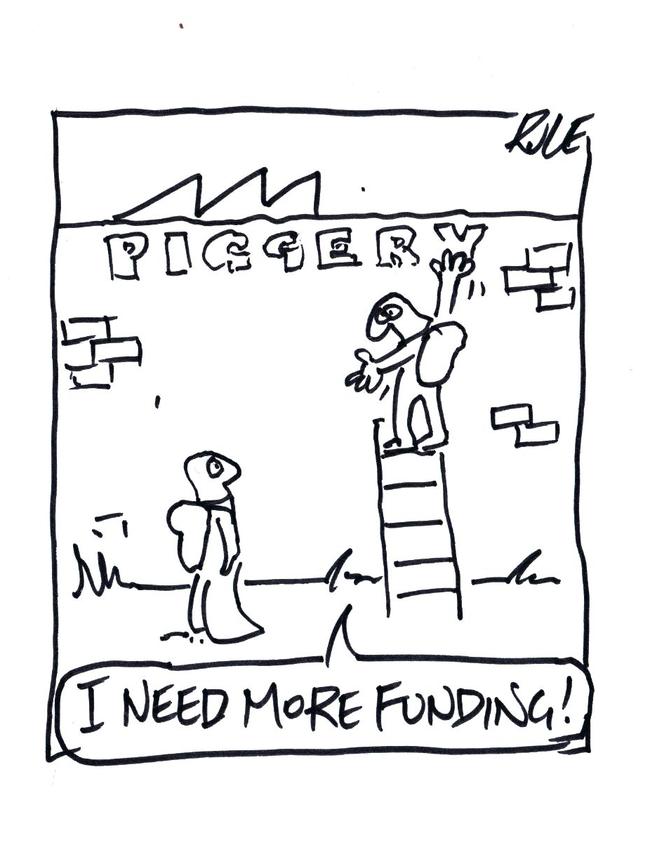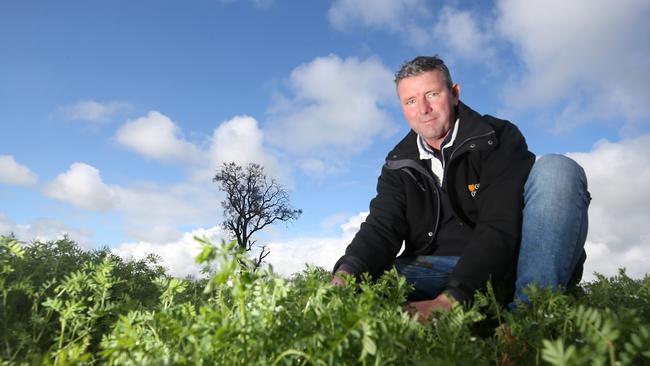Animal activists shake up the agricultural landscape on shoestring budgets
New insights into their budgets reveal these organisations are operating off the smell of an oily rag.
Animal activist organisations are shaking up the agricultural landscape on shoestring budgets, despite perceptions of them being well-funded machines.
Farm Transparency Project and Australian Alliance for Animals - two of the most vocal groups in recent years - reported income of less than $800,000 in the 2023-24 financial year.
It’s a fraction of the income of Australia’s national and state farming organisations. Neither organisation received money from the federal government, largely relying on donations and program-specific grants to fund their operations.

In its first publicly available annual report, AAA said the majority of its income came from its founding member organisations, including Animals Australia, World Animal Protection, Four Paws Australia and Voiceless, and donations from the public.
One third, or about $240,000, of its revenue was then spent on campaigns to end live sheep exports and promoting slower growing chicken breeds.
The organisation also heaped significant pressure on the federal government to include animal welfare provisions in free trade agreements, with the first of its kind written into the newly minted free trade agreement with the United Arab Emirates.
Farm Transparency Project raised $788,739 in 2023-24 from donations and grants, which was used to fund its campaigns to shut down abattoirs and break into piggeries.
However major “animal protection” organisation Animals Australia, co-founded by philosopher Peter Singer in 1980, drew an income of $11.2m in the same year; $4.8m from monthly membership subscriptions and more than $2.87m from bequests.
The organisation’s revenue is more in line with the National Farmers’ Federation, which recorded an income of $12.3m in 2023-24, $1.99m of which came from membership subscriptions. Four times as much, almost $8m, came from government and corporate projects.

NFF president David Jochinke said the lobby group invests carefully in consumer-facing content, “but our budget barely scratches the surface compared to the millions some activist groups have at their disposal”.
“Many of these organisations exist purely to campaign on a single issue. In contrast, the NFF’s core work is federal political advocacy - while also running major projects, hosting industry-wide events, and delivering leadership programs,” he said.
The Victorian Farmers Federation’s most recent financials for 2022-23 show its revenue was $8.23m, with $3.16m coming from member income and $1.74m from rental income from its Farrer House CBD headquarters.

VFF president Brett Hosking said despite their small budgets, animal activist groups were having an impact on farming’s social licence and said the organisation “could always do better” defending it.
“One of the challenges we face with activist groups is, it’s much easier to draw attention to the bad things that may occur than the good things,” Mr Hosking said.
“The reality is, in 99.9 per cent of cases that animal was perfectly cared for. The consumer can be confident of that, but the activist just has to find the 0.01 per cent and create doubt in the consumer’s mind.”
AAA co-founder Jed Goodfellow said his organisation and others like it had the advantage of a narrow, co-ordinated focus.
“They (SFOs) have a wider range of issues to address than animal welfare,” Dr Goodfellow said. “When you have a tighter focus you can increase your pressure for pound, so generally there’s more cut through.”





